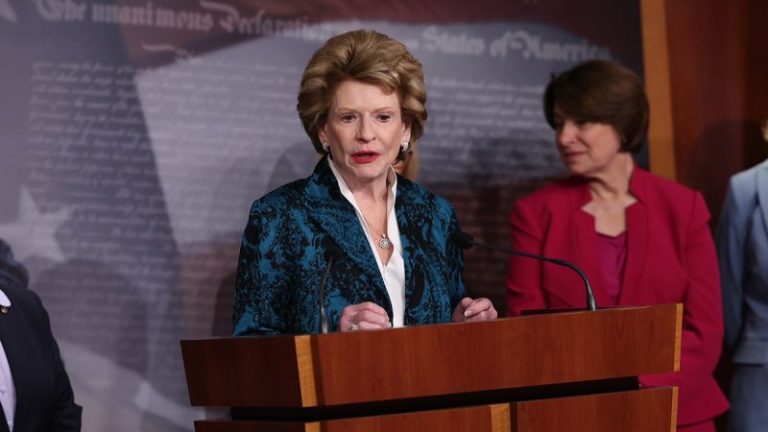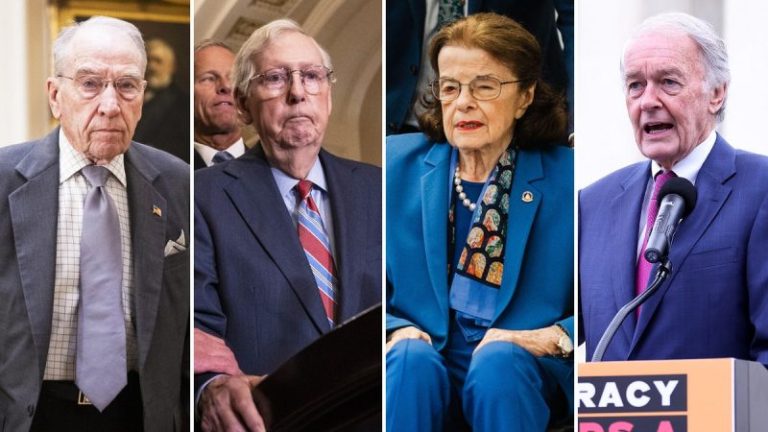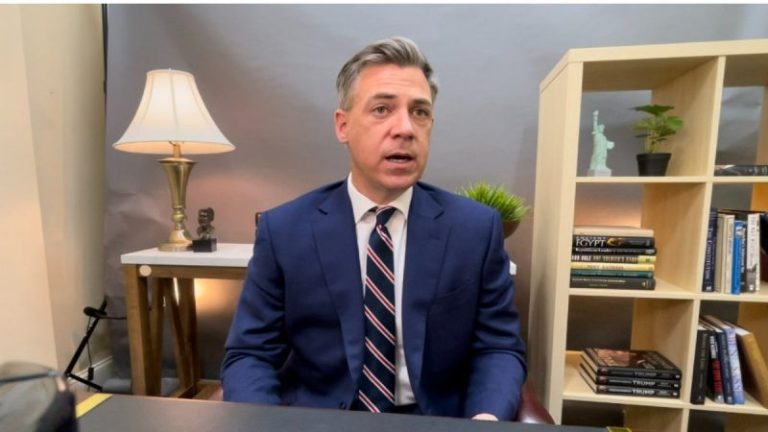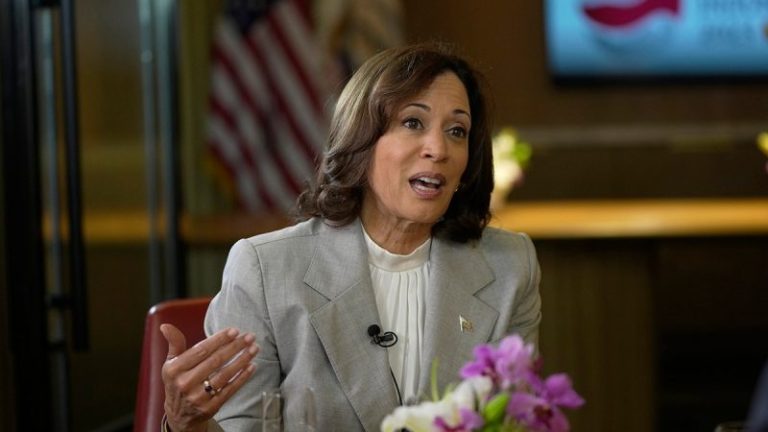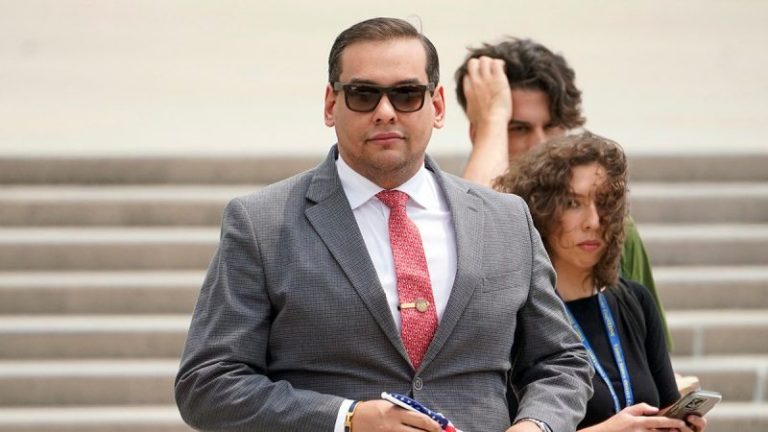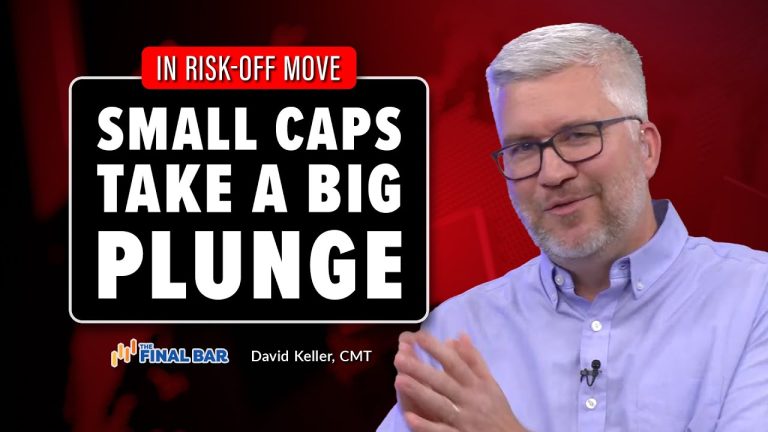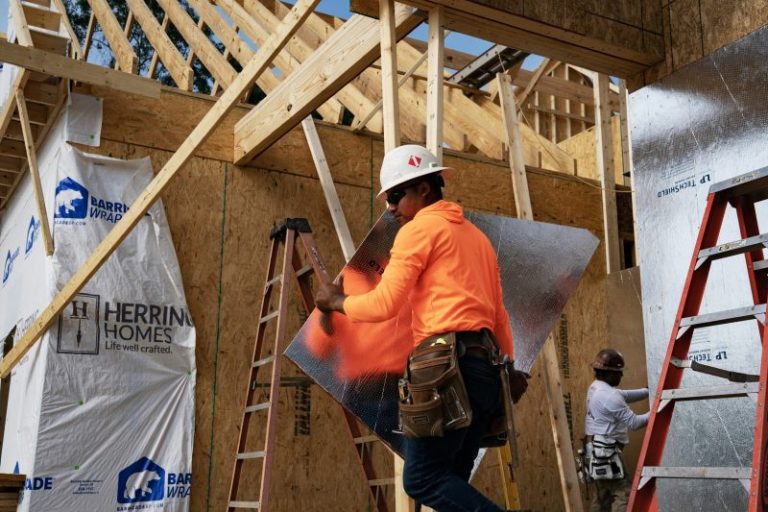Recent health scares among those serving in Congress have renewed calls from conservatives for lawmakers to bring forward some type of term limits legislation in an effort to prevent members of both chambers from making a career out of political service.
In January, South Carolina GOP Rep. Ralph Norman introduced H.J.Res.11, an amendment to the U.S. Constitution that would limit those serving in the House to three terms, for a total of six years, and those serving in the Senate to two terms, for a total of 12 years. Rep. Jared Golden, D-Maine, served as co-lead in introducing the amendment.
However, little has been done to address the issue under Republican control of the House. Movement of the amendment through the House awaits action by the Judiciary Committee, Norman said.
‘My term limits amendment sits in the Judiciary Committee right now, and I really hope to see it marked up this fall, as soon as possible, but there is no set dates yet,’ Norman told Fox News Digital in a statement.
‘This is absolutely a bipartisan issue. There are career politicians on both sides of the aisle, and the American people deserve better,’ Norman added, stressing the importance of the amendment’s passage.
Norman’s office said the measure, which has received bipartisan support and has 100 co-sponsors, starts the term-limit counter after ratification, meaning that politicians elected prior to that date would not yet be subject to term limits.
Reached for comment about whether there is progress being made to address the issue of term limits, a Judiciary Committee source told Fox the amendment ‘remains a priority for Chairman Jordan, and we look forward to marking it up soon.
‘We are also planning a hearing on the issue too.’
For those elected during a special election to fill a vacancy, the proposal, according to Norman’s office, defines the length of a ‘qualifying term’ as at least one year in the House of Representatives and at least three years in the Senate.
Rep. Eric Sorensen, D-Ill., one of a handful of Democrats supporting the amendment offered by Norman and Golden earlier this year, told Fox it’s important that politicians are trusted and ‘not simply career politicians.’
‘Being a good neighbor in Congress means making sure government works for people, which includes making sure our elected officials are devoted and trusted – not simply career politicians,’ Sorensen said.
Along with her colleagues, New York GOP Rep. Claudia Tenney also hopes to see attention given to the amendment by the Judiciary Committee.
‘Since I was first elected to Congress after a long career as an attorney and businesswoman, I have been dedicated to restoring transparency and accountability in Washington, and that starts by ending Washington’s politician-for-life syndrome,’ Tenney told Fox. ‘I remain committed to supporting any reasonable term limits bill that is considered, and this amendment is no different. I urge my colleagues on the Judiciary Committee to swiftly advance this amendment and send career politicians packing!’
In touting the amendment and urging its passage, Golden said earlier this year that the House of Representatives ‘was never intended at its inception to be a place where someone served for 30 years.’
‘Mainers voted in support of term limits in a large part because they don’t believe elected office should be a long-term career,’ Golden said at the time. ‘Instead, they want fresh ideas and new leadership. Terms limits will go a long way towards delivering those ideas and leadership in Washington.’
Last week, during a press conference in Covington, Kentucky, Senate Minority Leader Mitch McConnell, R-Ky., froze for more than 30 seconds while fielding questions from reporters. It was the second time this year that the 81-year-old Republican appeared to freeze up while taking reporter questions.
The second incident came as a result of McConnell feeling ‘momentarily lightheaded,’ according to his team, but several conservatives shared their thoughts online about what took place and called on lawmakers to pass term limits legislation.
Despite the incidents McConnell has faced in recent months, Dr. Brian Monahan, Congress’ attending physician, said Tuesday there’s ‘no evidence’ the Kentucky Republican had a seizure or a stroke when he froze up during the public remarks last week.
Republican presidential candidate and former South Carolina Gov. Nikki Haley also weighed in on the situation, saying Sunday she believes there should be term limits and mental competency tests for those serving in Congress after McConnell’s latest episode.
Haley, during an appearance on CBS News’ ‘Face the Nation,’ argued that ‘we need people at the top of their game’ and that aging members of Congress need to understand when ‘it’s time to step away.’
‘Here you have Mitch McConnell, who’s done great service to the country,’ Haley said. ‘You have Dianne Feinstein, who had a great career. You’ve got Nancy Pelosi who’d been there a long time. At what point do they get it’s time to leave?’
Other lawmakers have also experienced recent health struggles, including California Democratic Sen. Dianne Feinstein. Last month, Feinstein, who has represented the Golden State in the Senate since 1992, was briefly hospitalized in California after falling in her San Francisco home.
‘Senator Feinstein briefly went to the hospital yesterday afternoon as a precaution after a minor fall in her home. All of her scans were clear, and she returned home,’ a spokesperson for the senator said in a statement about the matter.
But it wasn’t the first time Feinstein, the oldest member of Congress, had been hospitalized this year. After returning from a nearly three-month absence from the Senate earlier this year, Feinstein’s office confirmed she was hospitalized for severe neurological complications from shingles that affected her brain and face in February.
The 90-year-old has suffered from extensive health issues for more than a year, leading some to question her fitness for office. Since her return to the chamber, there have been multiple instances when Feinstein appeared to be confused about what she was doing and what her responsibilities were during hearings.
The idea of limiting congressional service has been tossed around among lawmakers for years, but it has never resulted in any serious legislation as members continue their decades-long careers in both chambers.
Twelve members currently serving in either the House or Senate have worked more than 35 years in one or both chambers. The longest-serving member of Congress is GOP Sen. Chuck Grassley, whose career in politics spans nearly 65 years from his time as a member of the Iowa House of Representatives in 1959. Grassley was first elected to the U.S. House in 1974 and later to the Senate in 1980, where he has served as chair of multiple committees during his more than 48-year career in federal politics.
Following Grassley, Massachusetts Democratic Sen. Ed Markey, who served in the House nearly 40 years before becoming the junior senator for the state in 2013, has a combined 46-year career in both chambers.
Beside McConnell, other current members of Congress who have a more than 35-year career in federal politics include Oregon Democratic Sen. Ron Wyden (42 years); Senate Majority Leader Chuck Schumer, D-N.Y. (42 years); Kentucky GOP Rep. Hal Rogers (42 years); New Jersey GOP Rep. Chris Smith (42 years); Maryland Democratic Rep. Steny Hoyer (41 years); Illinois Democratic Sen. Dick Durbin (40 years); Ohio Democratic Rep. Marcy Kaptur (40 years); Maryland Democratic Sen. Ben Cardin (36 years); and California Democratic Rep. Nancy Pelosi (36 years).
Kyle Morris covers politics for Fox News. Story tips can be sent to kyle.morris@fox.com and on Twitter: @RealKyleMorris.
This post appeared first on FOX NEWS

